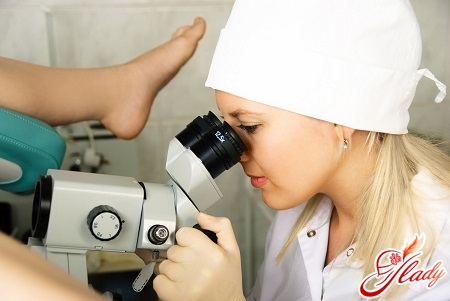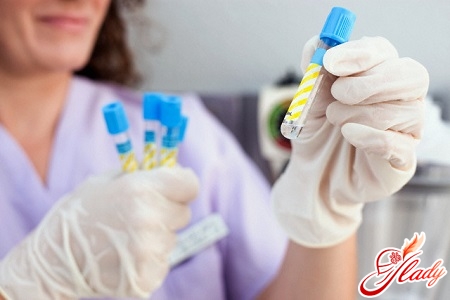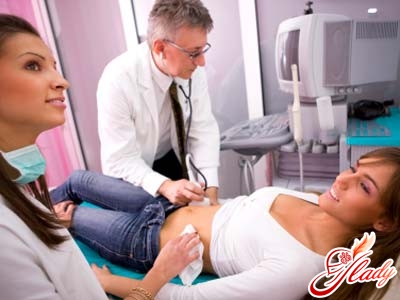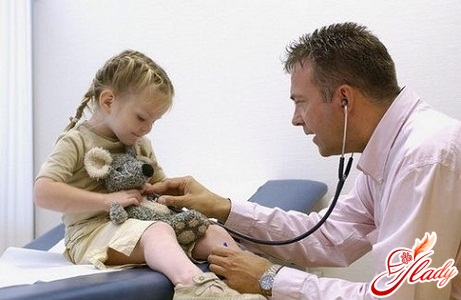
Many have heard about herpes on the labia. Some have encountered this problem personally. Below is written in detail about how to identify this disease and what its treatment should be.
What is genital herpes on the labia?
Herpes, which is localized on the labiaor other female genital organs, is called genital. What is it? It is a virus that enters the human body and remains there forever. That is, this disease is not eliminated completely, but only suppressed. It cannot be called dangerous, but, for example, if herpes affects a pregnant woman, it can negatively affect the fetus (intrauterine defects and pathologies often occur, and cases of fetal death are known). In addition, if the disease is in the acute stage, then during natural childbirth there is a high risk of infection of the newborn. But even for girls in a normal state, it is important to start treating the virus on time. Usually, the disease affects the external genitalia (vagina, perineum, labia). But in the absence of the necessary measures to eliminate the source of the disease, it can begin to spread to the uterus, which can lead to serious consequences (for example, infertility).
Ways of infection: how the herpes virus is transmitted
Genital herpes is transmitted sexually.But the virus can penetrate not only during normal vaginal intercourse, but also during anal and even oral intercourse. Moreover, even if the partner does not have any obvious manifestations of herpes, this does not mean that infection is impossible. By the way, if a man is sick, the probability that his partner will also become a carrier of the disease is 18-20%. When using contraception, in particular, condoms, the risk is reduced by 2-3 times. So if we look for the causes of herpes, we can name the most important and widespread among them - promiscuous sex life and unprotected intimate relationships.
Symptoms of genital herpes: how does the disease manifest itself?
So, how does genital herpes manifest itself inwomen? The incubation period of the virus is approximately 2 to 20 days. This means that from the moment the virus enters the body until the first symptoms of the disease appear, it can take either several days or 2-3 weeks - it all depends on the characteristics of the immune system (if it works well, it will try to fight the "foreigners" longer). Below we list the main symptoms of this unpleasant disease.
All the above-mentioned manifestations usually occur in the acute stage. That is, the symptoms are observed when the virus first enters the body, and then during periods of relapse.
Diagnosis: how to identify genital herpes?
How does a doctor determine what he is dealing with?genital herpes, and not with some other sexually transmitted disease? After all, blisters on the genitals can also occur with other similar ailments. Of course, an experienced venereologist can say with 90% accuracy which case is taking place. But he still has to take a scraping from the rash for analysis, during which such material is placed in a certain environment, as a result of which the virus begins to multiply. In addition, herpes can leave a trace in DNA, so such an analysis can also be prescribed. In addition, the lab will test your blood for the content of antibodies to the virus. But only all of the listed methods together will allow you to determine for sure that herpes is present in the body.
What can provoke an exacerbation of genital herpes?
As already noted, the herpes virus entersthe body only once and remains there forever. But this does not mean that it does not need to be treated. It is worth noting that the treatment only eliminates the symptoms and, as it were, suppresses, eliminates the activity of herpes. For some time it will "sleep" and will not make itself known. There are people who, having become infected with genital herpes, then forgot about it almost for their entire lives. Some suffer from relapses several times a year. But what are the causes of exacerbations, why does herpes "wake up"? Let's list the main factors.

Consequences of herpes: why timely treatment is important
Although herpes is considered a harmless disease,which occasionally reminds of itself with bubbles, treatment is still simply necessary, because without it, complications may arise, which in some cases can be quite serious. It is worth listing what can be expected from insidious genital herpes.
- If left untreated, symptoms maypersist for a very long time. But blisters on the labia are not only unsightly, but also very uncomfortable. Sex life will suffer from this (not everyone wants to see this). And the intimate sphere plays an important role in women's health.
- If the symptoms of herpes are localized near the urinary system, then such manifestations as incontinence or urinary retention may occur. Do you need this?
- If you love your man, then certainly notwish him evil. But if you do not carry out treatment, then the herpes will be active all the time, which means that the risk of infecting a sexual partner will be between 5-10% and more.
- If there is no treatment for genital herpes, andhuman immunity is greatly weakened, then the virus can begin to spread throughout the body and even reach the brain. This happens rarely, but cases of death due to herpes are known to medicine.
- If in the body of a woman, along with the herpes virus, there is also a papilloma virus, then this increases the risk of developing the cervix.
- If the symptoms of herpes persist for too long, then this can affect the psychological state of the woman. For example, serious depression may begin, and nervous breakdowns are not uncommon.
Treatment of herpes: how to deal with this disease
Drive the virus out of the body foreverimpossible, but if you take certain measures and conduct treatment in time when symptoms appear, you can ensure that the disease practically does not make itself known. The person will live a normal life. Since herpes is a virus, it is logical that antiviral drugs will be effective. The most effective and widely used in the practice of treating genital herpes are drugs such as Famvir (Famacyclovir), Zovirax (Acyclovir), Valtrex (Valacyclovir) and Penciclovir (Denavir). Any of the listed drugs should be prescribed only by a doctor. It is important that the treatment is timely, only then will it be effective. So, when the first symptoms appear, you need to see a doctor and start taking medications. If relapses are observed too often (sometimes literally every 2-3 months), then the doctor who monitors the course of the disease can prescribe maintenance treatment, which will be a kind of prevention. Quite serious drugs may be recommended, which have some contraindications and side effects, so it is strongly not recommended to start taking them on your own without consulting an experienced specialist. Doctors often prescribe so-called immunomodulators, that is, drugs that support the immune system (Viferon, Grippferon and others based on interferon and similar components). But their effectiveness in the fight against herpes has not yet been proven. Although for the purposes of prevention, these drugs will have a certain effect. But if they are abused, the immune system will simply get used to such support and at a certain point may refuse to work independently.
Prevention: how to avoid infection and relapse?
So, as you know, the best methodprevention of a disease is prevention. It is divided into two types: measures to prevent infection and actions that will help avoid exacerbations. So, let's start with measures to prevent infection. Let's list them.
- First of all, it is worth taking a responsible approach tochoice of a sexual partner and an intimate life. So, if a person is a little acquainted, then it is worthwhile to use a condom when entering into a sexual relationship with him. And only in case of absolute certainty that he is not a carrier of the virus, you can refuse this contraceptive. By the way, from oral sex with strangers and untested partners, it is also better to refuse, since the risk of infection in this way is very large.
- There are cases of infection through personal hygiene items, for example, through a towel. So it is extremely necessary to observe some simple rules: wash your hands more often and have your own hygiene products.
- If you have had contact with a sick person andlearned about this immediately after contacting him, then you can try to take emergency measures. So, for this purpose, some drugs are used (Gerpferon, for example), which need to process places of probable virus entry into the body not less than several hours after contact.
How can relapses be avoided?
- Avoid overcoolings and overheating. Dress in the weather.
- Try not to expose yourself to stresses, as they can provoke an exacerbation of herpes.
- Observe the correct mode of sleep and rest. Get enough sleep and do not overdo it. Allow yourself to relax and rest after a hard day's work.
- Watch for health: try not to catch a cold and not get infected with other infections. Avoid contact with sick people and visiting crowded places (especially during epidemics).
- Lead a healthy lifestyle, bad habits weaken the defenses of the body.
- Eat a varied, correct and full. In the body, along with food, everything must be done. You can additionally take vitamins (after consulting a doctor).
- Keep your immunity: tempered, spend more time in the fresh air.
- Keep track of your psychological health. Positive attitude is important!
- Talk to your doctor. He will suggest some preventive remedies.
In conclusion, it can be added that genitalHerpes is an unpleasant disease. And in vain people think that it is not dangerous, it is not. Without proper treatment, the virus can spread to all organs, affecting them. So at the first symptoms, consult a doctor! And if you are serious about your health, then take preventive measures to avoid infection.









